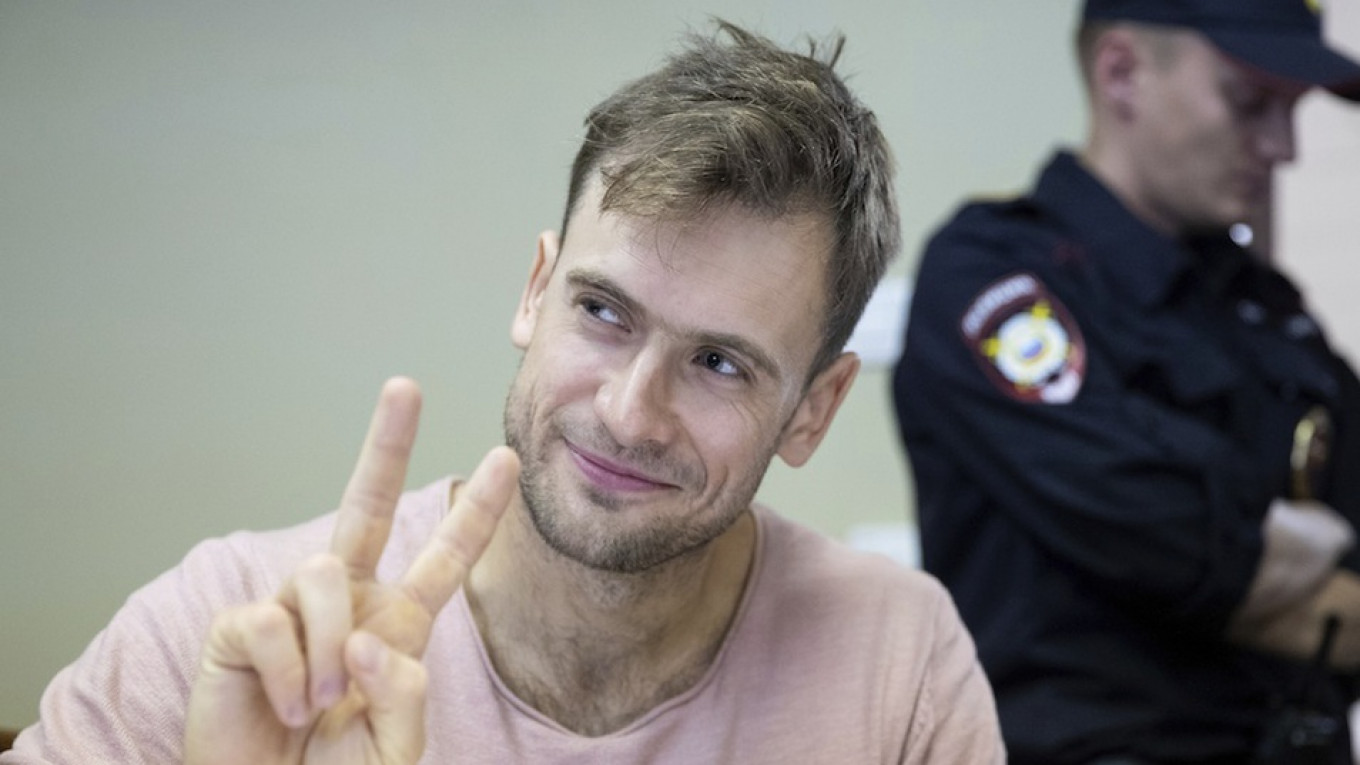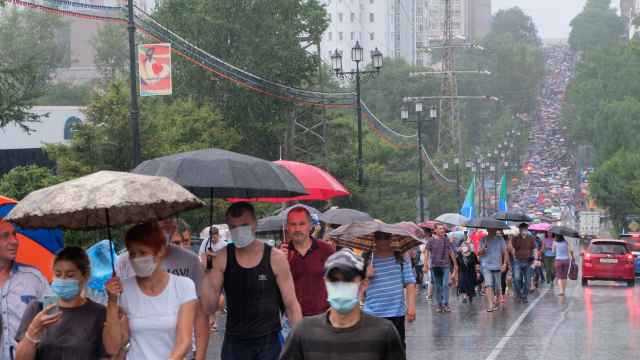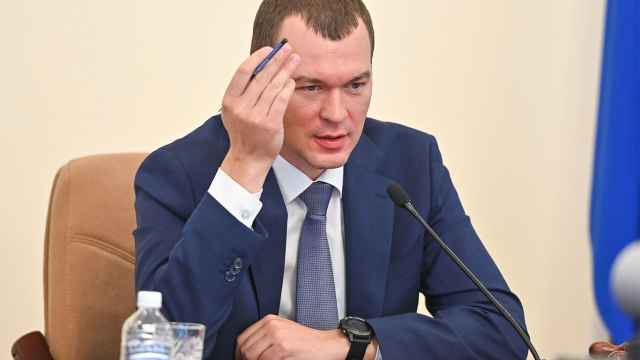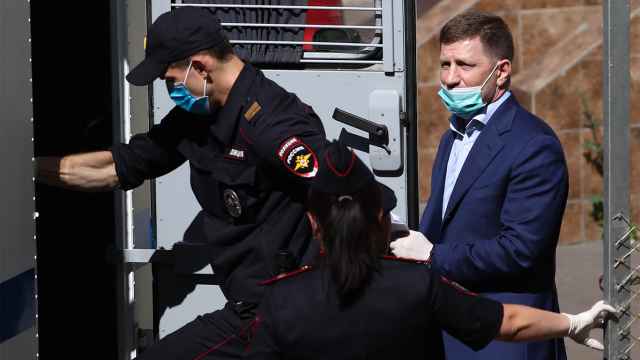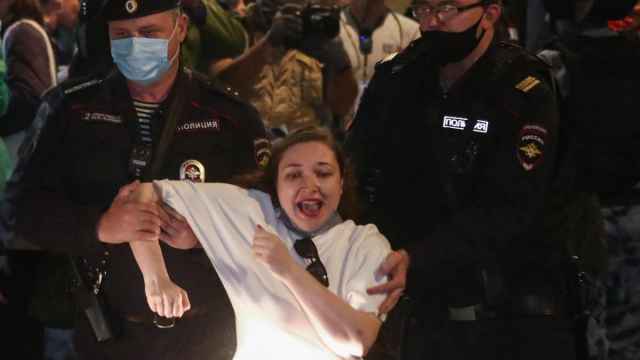Pyotr Verzilov, an anti-Kremlin activist being treated in a Berlin hospital for suspected poisoning, has been given a police guard for his own protection, a close friend who visited him in hospital said on Tuesday.
Verzilov, publisher of a Russian online news portal with close ties to punk protest group Pussy Riot, fell ill suddenly two weeks ago, losing his sight, hearing and the ability to walk.
German doctors have not found any traces of poison in his body though they say there is no other explanation for his condition. Verzilov, in a tweet from hospital on Tuesday, said he had been stricken by "wonderful poisons ... something new and surprising."
Hunter Heaney, a close friend who visited Verzilov in Berlin's Charite hospital, said he noticed he was being followed by two unknown people near his home and close to the hospital.
He was worried about his safety and called the German police. The police responded by putting Verzilov, his family members and Heaney under police guard for their protection.
"We are very definitely under police protection all the time," he told Reuters by phone from Berlin.
A spokesman for Berlin police said they were in contact with Verzilov and his entourage and the situation was constantly being assessed. "We ask for your understanding that we do not comment on possible measures in detail," the spokesman said.
Nadezhda Tolokonnikova, a Pussy Riot member who was previously in a relationship with Verzilov and has a child from their relationship, visited him in Berlin and returned to Moscow only on Sunday.
She told Reuters in Moscow that his condition had improved and he could be discharged from hospital in a few days. She said, though, that he was still suffering from bouts of delirium and his pupils had dilated.
Nika Nikulshina, with whom Verzilov is currently in a relationship, told Reuters: "Forecasts are good although Petya (Verzilov) is not yet stable."
Earlier, a Berlin doctor said Verzilov was likely poisoned as there was no other explanation so far as to why Verzilov was in such a condition. However, no official evidence of poisoning has been found in his body, according to Tolokonnikova.
Verzilov was one of four Pussy Riot activists who ran onto the pitch during the soccer World Cup final in Moscow in July to protest police brutality. When he fell ill, he was treated in a Russian hospital for four days before being flown to Berlin for further care.
Tolokonnikova said Russian doctors concluded he was not poisoned, and diagnosed him with psyschological problems. She said that, despite that diagnosis, the doctors had pumped his stomach and carried out liver dialysis.
In a Twitter post on Tuesday, Verzilov said: "I've been relatively conscious now only for the past three days, and before that it was like being in a black hole."
He added: "I am spending my days in the friendly company of wonderful poisons. But not polonium 210 or Novichok, but something new and surprising."
Polonium is the radioactive isotope that poisoned former Russian spy Alexander Litvinenko in London in 2006. He later died, and British police alleged he was the victim of a Russian state-sponsored plot, an allegation denied by Moscow.
British officials identified Novichok, a Soviet-developed nerve agent, as the substance which last year poisoned former Russian double agent Sergei Skripal and his daughter. They survived. Russian has denied any involvement.
A Message from The Moscow Times:
Dear readers,
We are facing unprecedented challenges. Russia's Prosecutor General's Office has designated The Moscow Times as an "undesirable" organization, criminalizing our work and putting our staff at risk of prosecution. This follows our earlier unjust labeling as a "foreign agent."
These actions are direct attempts to silence independent journalism in Russia. The authorities claim our work "discredits the decisions of the Russian leadership." We see things differently: we strive to provide accurate, unbiased reporting on Russia.
We, the journalists of The Moscow Times, refuse to be silenced. But to continue our work, we need your help.
Your support, no matter how small, makes a world of difference. If you can, please support us monthly starting from just $2. It's quick to set up, and every contribution makes a significant impact.
By supporting The Moscow Times, you're defending open, independent journalism in the face of repression. Thank you for standing with us.
Remind me later.


